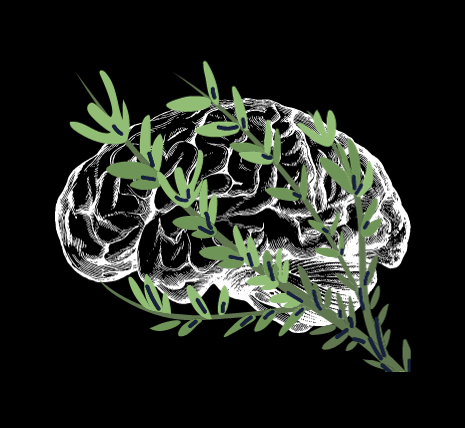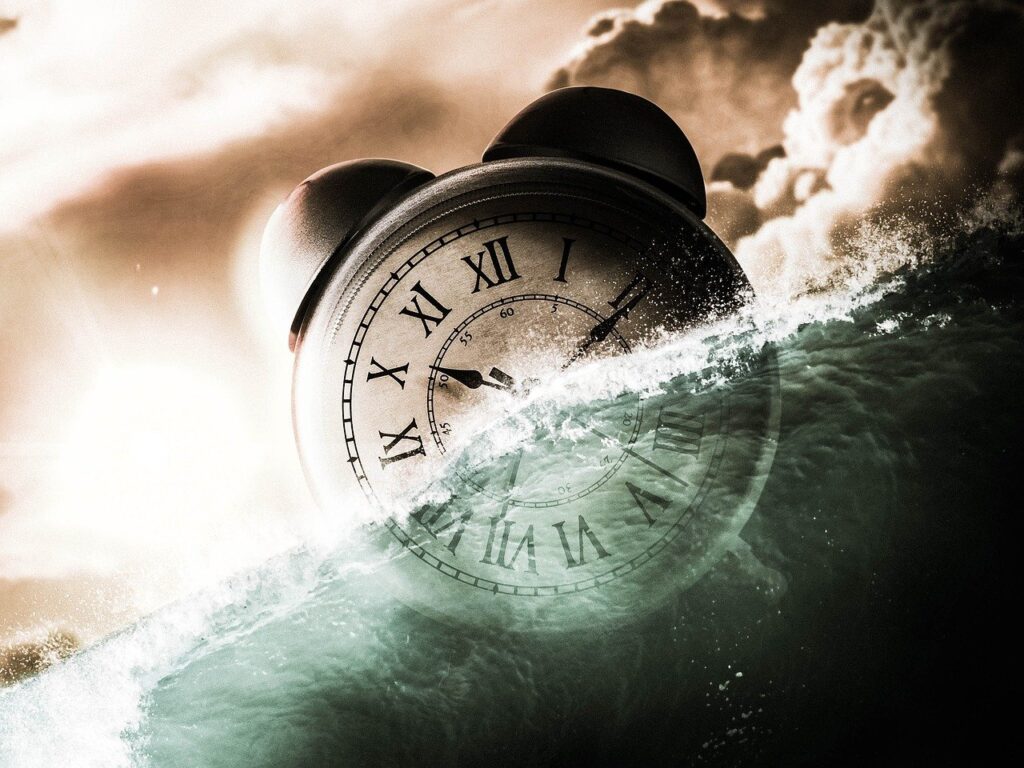Brainwave #8
There was a time when I was tethered to the whims of public transportation, every move dictated by the schedules and routes of buses. Each day began with the struggle of waking earlier, leaving home before dawn’s first light, all to conform to the rigid timetable set by external circumstances. Waiting at the bus stop, time slipped through my fingers like grains of sand, precious moments wasted in the purgatory of uncertainty.
The minutes ticked by, stretching into an eternity of dependence on others to ferry me from point A to point B. With each passing moment, a sense of frustration gnawed at my soul, for I knew that these stolen fragments of time could be devoted to pursuits more meaningful, more fulfilling.
Some may dismiss this plight as trivial, a mere inconvenience of modern life. But when I found myself robbed of 20, 30, or even 60 minutes each day, the weight of lost opportunities became unbearable. It was not just about the minutes lost; it was about the energy drained, the potential squandered, the dreams deferred.
And so, the longing for freedom, for autonomy, grew within me like a seed seeking sunlight. I yearned for a solution, a reprieve from this cycle of dependence. It is here where I often got lost, where the urgency to act and to escape from this mundane rhythm appeared to be more comfortable than stepping into the unknown.
But beneath it all lied a deeper truth: the recognition of the value of time, of the fleeting nature of existence itself. Every wasted minute was a reminder of mortality, of the finite nature of our journey through this world. And in that realization, there was both sorrow and urgency, a longing to seize control of my destiny before time slipped away forever.
In the end I realized it’s not merely about reaching point B from point A; it was about the journey itself and the freedom to navigate it on my own terms. And so I began to visualize time as not that which blocked access to my desires, but as a mirror that reflected my reaction to its passing. By not externalizing it as an invisible factor influencing my life, I began focusing on the quality of my actions taken to pave my way to a more fulfilling future.

